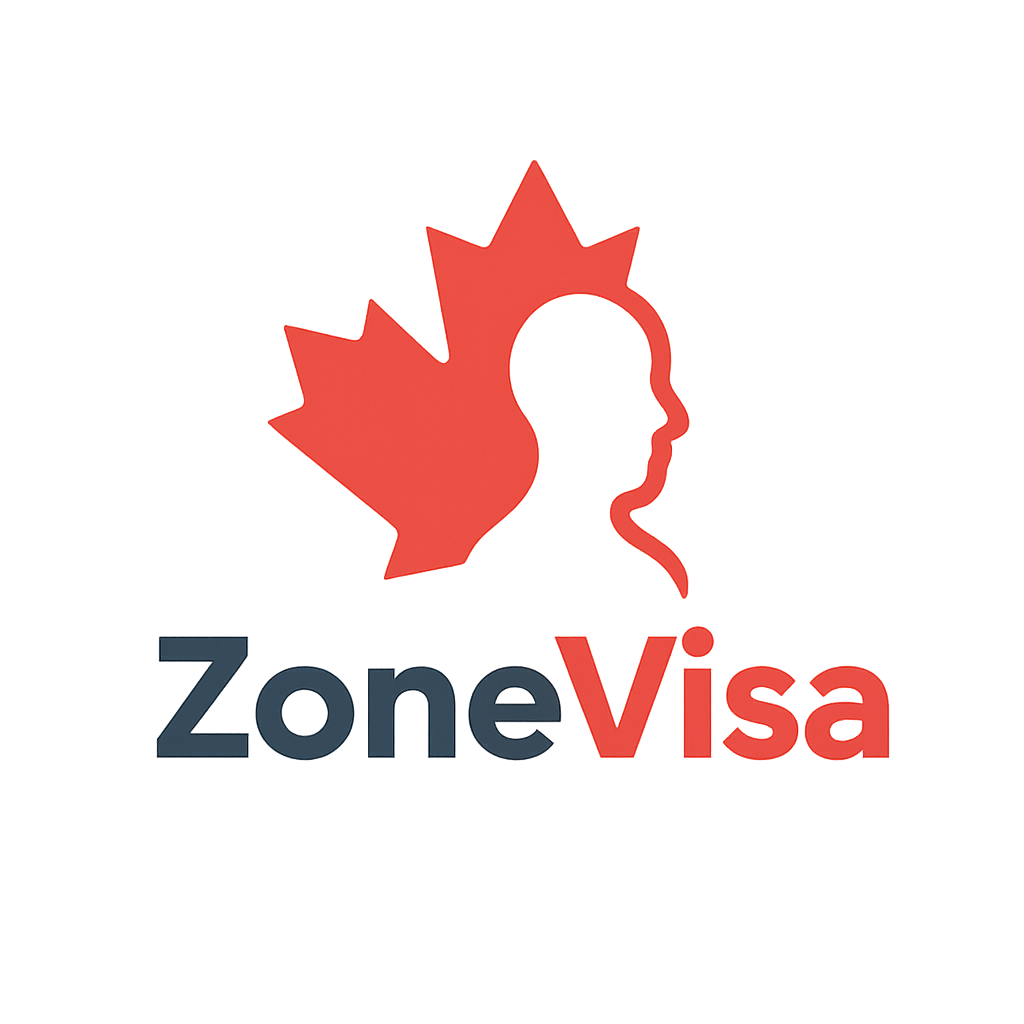Canadian Work Permits 2026
Complete guide to Canadian work permits including LMIA process, open work permits, PGWP, and spousal permits. Expert RCIC guidance for all permit types.
Types of Canadian Work Permits
Understanding different work permit categories and their requirements
Closed Work Permit (LMIA-based)
Work permit tied to a specific employer who has obtained a Labour Market Impact Assessment (LMIA) demonstrating the need for a foreign worker.
Key Requirements:
- Valid job offer from Canadian employer
- Positive LMIA (in most cases)
- Meet job requirements and qualifications
- Demonstrate ties to home country
Open Work Permit
Allows you to work for any employer in Canada (with some exceptions). No specific job offer or LMIA required.
Key Requirements:
- Eligible category (spouse, PGWP, refugee, etc.)
- Valid passport and documents
- Meet health and security requirements
- Sufficient funds for stay
Post-Graduation Work Permit (PGWP)
Open work permit for international students who have graduated from eligible Canadian post-secondary institutions.
Key Requirements:
- Graduated from eligible DLI program
- Full-time study for at least 8 months
- Apply within 180 days of graduation
- Valid study permit when applying
Spousal/Common-law Work Permit
Open work permit for spouses/common-law partners of skilled workers, international students, or permanent residents.
Key Requirements:
- Spouse/partner has valid work/study permit
- Proof of relationship (marriage/common-law)
- Principal applicant in skilled occupation
- Meet standard admissibility requirements
LMIA Process Timeline
Understanding the Labour Market Impact Assessment process
Job Advertisement
4+ weeksEmployer must advertise the position for at least 4 weeks on Job Bank and 2 other recruitment methods to prove no Canadian is available.
LMIA Application
1-2 weeksEmployer submits LMIA application to Employment and Social Development Canada (ESDC) with recruitment report and supporting documents.
ESDC Review
8-20 weeksESDC reviews application to determine if hiring a foreign worker will have positive, neutral, or negative impact on Canadian labour market.
LMIA Decision
1-2 weeksIf approved, employer receives positive LMIA and LMIA number. Foreign worker can then apply for work permit using this LMIA.
Important LMIA Notes
- • LMIA processing times vary by province and occupation (currently 8-20 weeks)
- • Some positions are LMIA-exempt (NAFTA, CETA, intra-company transfers, etc.)
- • Employers must pay prevailing wage rates and meet recruitment requirements
- • LMIA is valid for 6 months from issue date for work permit applications
Benefits of Canadian Work Permits
Why working in Canada is a strategic step toward permanent residence
Pathway to Permanent Residence
Canadian work experience gained through work permits can significantly boost your Express Entry CRS score and qualify you for various immigration programs.
Family Benefits
Your spouse may be eligible for an open work permit, and your children can attend Canadian schools at domestic tuition rates in most provinces.
Healthcare Access
Work permit holders may be eligible for provincial healthcare coverage after the waiting period, depending on the province and permit type.
Professional Development
Gain valuable Canadian work experience, improve language skills, and build professional networks that can benefit your long-term career goals.
Find Out If You Qualify
Get instant results with our comprehensive eligibility assessment tool. Find out which immigration programs you qualify for and get a personalized roadmap to Canada.
✓ Instant results ✓ No registration ✓ RCIC reviewed
Work Permit FAQ
How long does it take to get a work permit?
Processing times vary by permit type and country of application. LMIA-based permits typically take 4-16 weeks after LMIA approval. Open work permits (PGWP, spousal) usually take 2-12 weeks. Applications from within Canada are generally processed faster than those from outside Canada.
Can I change employers with a closed work permit?
No, closed work permits are tied to a specific employer. To change employers, you would need to apply for a new work permit with a new LMIA from the new employer, or qualify for an open work permit. However, there are some exceptions for vulnerable workers who may be eligible for an open work permit.
Can my family come with me on a work permit?
Yes, if you have a work permit for a skilled occupation (NOC 0, A, or B), your spouse may be eligible for an open work permit, and your dependent children can apply for study permits. Your family members must apply separately and meet all requirements including medical exams and background checks.
Does work permit experience count toward permanent residence?
Yes, Canadian work experience gained through work permits can significantly help your permanent residence application. It can increase your Express Entry CRS score, qualify you for Canadian Experience Class, and make you eligible for various Provincial Nominee Programs. The work experience must be in skilled occupations (NOC 0, A, or B) to count toward most immigration programs.
What happens if my work permit expires?
You must stop working immediately if your work permit expires. You should apply for renewal at least 30 days before expiry. If you apply for renewal before expiry, you may be eligible for implied status, allowing you to continue working under the same conditions until a decision is made. If your permit expires without renewal, you must leave Canada or apply to restore your status within 90 days.
Ready to Start Working in Canada?
Get expert guidance on the best work permit strategy for your situation and career goals.
Expert RCIC guidance • All permit types • LMIA support • Fast processing
